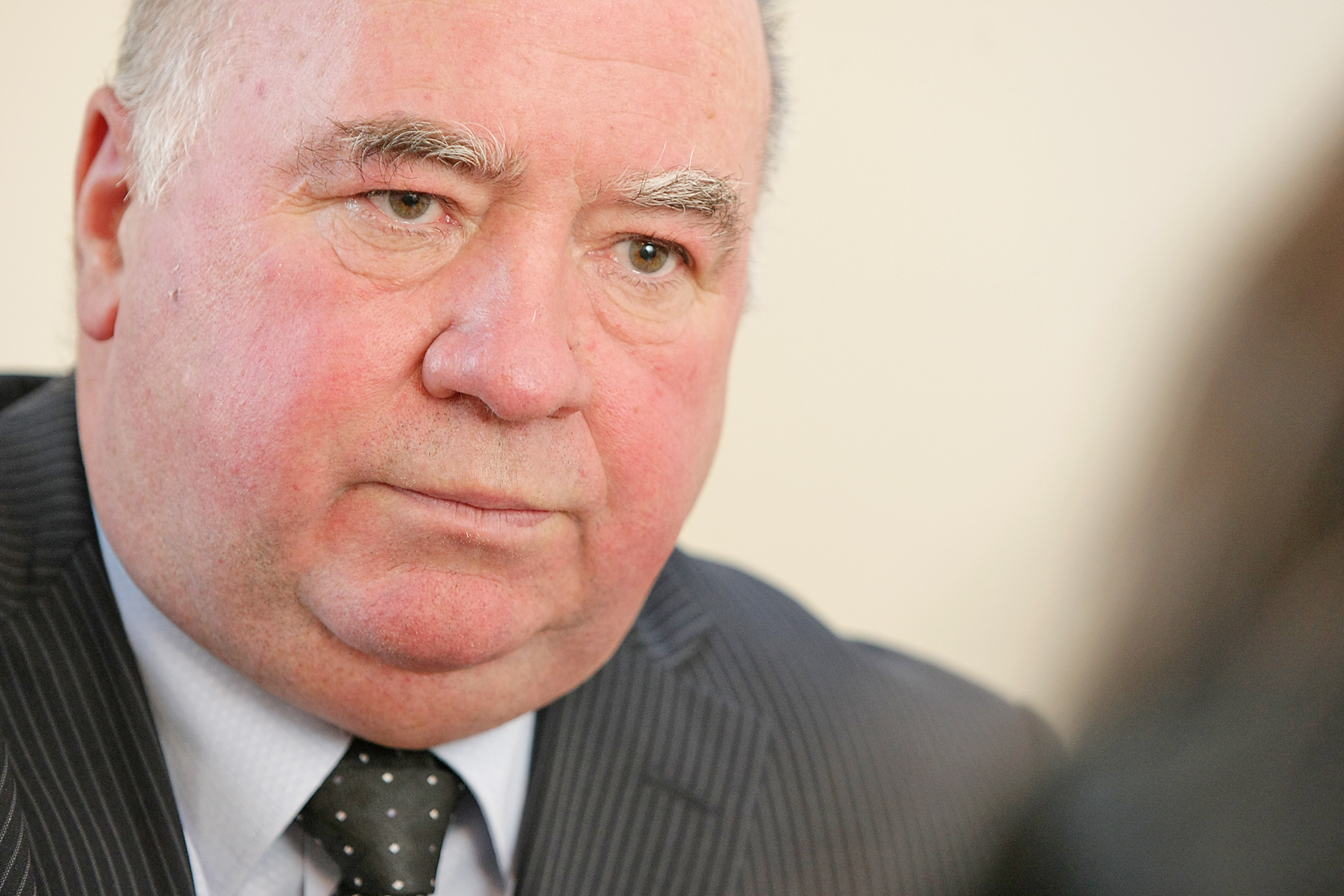As the PSNI prepares to examine claims made in a BBC documentary about the murder of civilians in West Belfast, relatives of the victims are pursuing court action.
The Panorama programme was broadcast as documents emerged showing that the British Ministry of Defence was intent on keeping the actions and behaviour of the of the British Army’s shadowy Military Reaction Force (MRF) out of the public realm.
Panorama interviewed former members of the unit who confirmed they shot unarmed innocent civilians on the streets of West Belfast. The undercover team said they drove through the estates of the West taking pot shots at “suspected” IRA combatants, many of whom were in fact innocent civilians. The families of those killed have always maintained heir loved ones’ innocence and that the unit behind the murders was unrestrained. An MoD review later concluded the murder unit had “no provision for detailed command and control”.
Panorama identified 10 unarmed civilians shot by the MRF. One of those victims was Daniel Rooney, who was killed as he chatted to a friend at St James’ Crescent on September 27, 1972. The 18-year-old’s name was smeared by the army in the weeks and months after his death, despite his family and friends knowing he was innocent.
Noel Rooney, Daniel’s brother, watched the documentary last week alongside his wife.
“It brought back some painful memories for our family,” he told the Andersonstown News. “It brought back the emotions, we relived it, and while the anger has gone, the sadness remains.
“I have some sense of relief with the way in which Panorama handled it, I was apprehensive about my brother’s name being smeared further, but that didn’t happen.
“I think it is good they exposed what we have known for 40 years and brought it into the public arena. It is good that Daniel was seen as innocent, something we have known and stated all along, but that has never been acknowledged by the British government.
“All my family ever wanted was justice and for Daniel to be declared innocent, it’s what my mother had wanted and now she is no longer here.
“We had an inquest at the time but no soldiers turned up and information was stopped from coming before the court. We are now taking civil proceedings and requesting a new inquest so these issues can be brought to the fore and the truth can be known.”
Noel’s assertion that information was prevented from coming to court is backed up by damning confidential documents from the time of the inquest which show the Ministry of Defence advice to its legal team was to settle out of court as “there is likely to be press interest if this case goes to court, and a hearing could provide the opportunity to force disclosure of information about the tactics and methods of the unit”.
Daniel was a popular teenager and his death plunged his family into a grief still keenly felt all these years later. Noel said his family will carry on fighting to clear the name of their brother.
“Daniel was 18 at the time and I was 19,” he said. “There were eight kids in our family and every one of us and my parents were badly affected by his death.
“The ruthlessness of this unit was evident, as was their cavalier attitude. They said they had no regrets and that says a lot.
“I wasn’t surprised about what was said about the behaviour of this unit because they have been trying to hide that for years, but what I found interesting was that this unit was set up at a high level both operationally and politically. I didn’t know the extent of seniority of those that knew about this unit.
“My family isn’t overly interested in the individuals, we want the truth to be known and we will pursue an apology from the British government, that is what my mother wanted.”
Pádraig Ó Muirigh, the Rooney family solicitor, said the programme showed the British Army was quite willing to assassinate innocent civilians.
“It’s now widely acknowledged and officially reported that state collusion and state violence played a significant role in the conflict in the north of Ireland,” he said. “The findings of the former Ombudsman Nuala O’Loan in relation to the activities of the Mount Vernon UVF and the Saville Report into the events of Bloody Sunday have shed some light in relation to these matters. However, the role played by British Army counter-insurgency gangs has never been properly exposed until the BBC Panorama programme.
“The disclosure in the BBC Panorama programme has shed some further light on the role of the British Army in the conflict and the fact that they were willing to use civilian assassinations to achieve military rather than political aims. The family of Daniel Rooney will be making an application to the Attorney General requesting that he exercise his powers under section 14 of the Coroners Act (NI) 1959 to direct a fresh inquest into the circumstances of the death of their loved one. The original inquest into his death, which was held in December 1973, did not properly probe the role of the MRF in his death. The soldiers involved were not called to give evidence and account for their actions. The original inquest was flawed. The Rooney family will also be issuing civil proceedings against the Ministry of Defence in relation to the conduct of their soldiers.”






